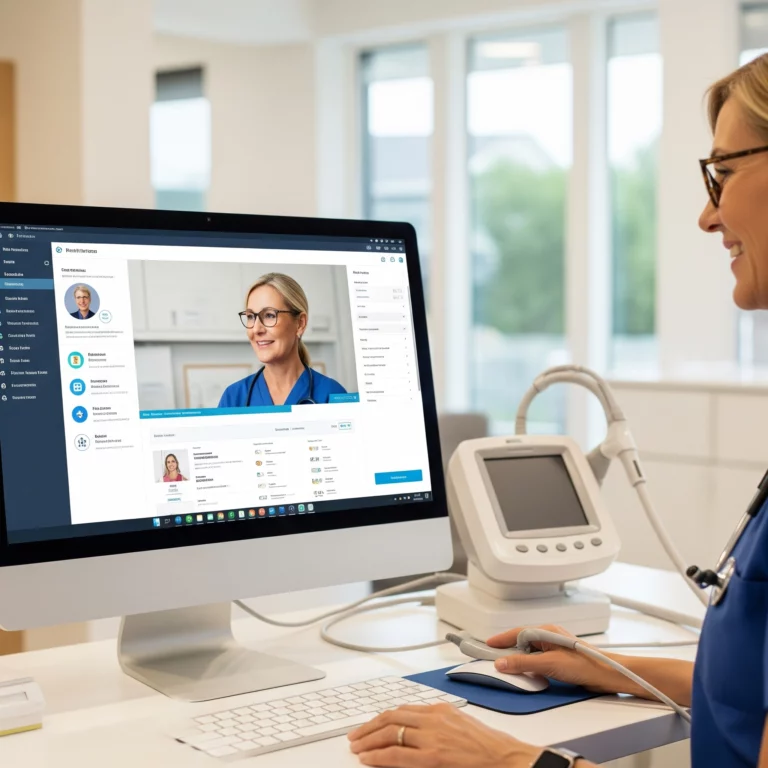Similar Posts

Maximizing Growth and Operational Efficiency in Private Healthcare Practices: A Comprehensive Guide
Harnessing the Power of Technology: Propel Your Private Healthcare Practice into the Future In an increasingly digital age where technology is ingrained in almost every aspect of life, healthcare practices are no exception. This evolution brings both unprecedented challenges and tremendous opportunities. Private healthcare practices must not just keep pace, but optimally harness this digital…

Automate This, Not That: How Smart Clinics Avoid Digital Chaos
ByJonEveryone loves the idea of automation—it feels like the future. But when clinics try to automate real workflows, it’s like opening a closet and having everything fall on your head. The trick isn’t just to automate—it’s to automate the right thing. And that means solving a real problem at the right point in your business….

Choosing a Healthcare CRM: The 6 Top Platforms Compared
ByJonYou’re juggling reminders, referrals, reviews, and revenue—while your team burns time across five tools and 20 browser tabs. A CRM can clean that up. The right one makes your business faster. The wrong one makes it slower—forever. But here’s the trick: it’s not about features. What matters most is how easy it is to connect,…

Don’t Get Trapped: How to Choose CRMs, EHRs, and Tech That Scales
ByJonImagine this. Your team’s practice is finally running smoothly. Patients are showing up. Revenue’s growing. You’re ready to streamline, delegate, maybe even scale. So you go to pull a report. Sync a system. Automate a task. And then it hits you: you can’t. The software that got you here is now slowing you down. Tech…

7 Deadly Sins of Private Practice Cybersecurity
ByJonHealthcare data breaches have become a ticking time bomb. In 2024 alone, major cyberattacks have crippled some of the biggest players in the industry: If these massive organizations can be hit, your private practice is at risk too. Don’t let these 7 Deadly Sins leave you exposed: 1. Reusing Weak Passwords Too many practices rely…





